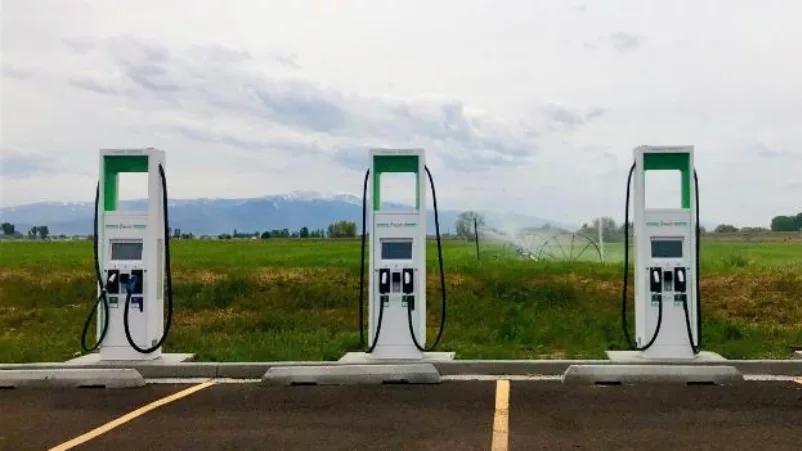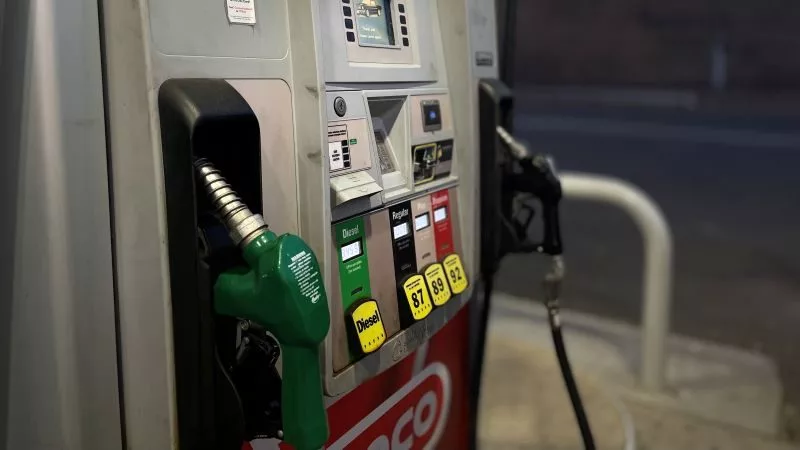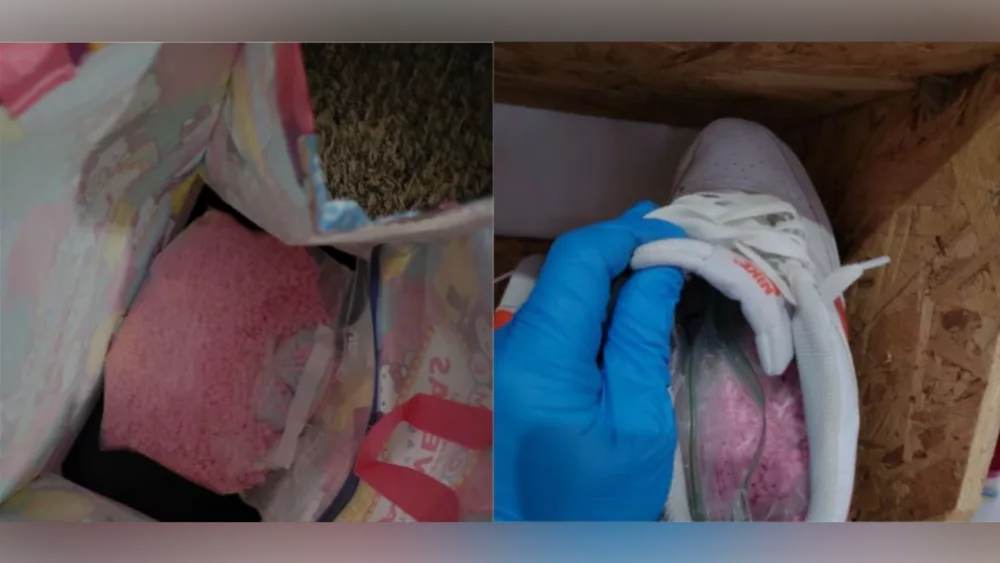BOISE, ID – Efforts to build electric vehicle charging infrastructure in Idaho have stalled because of a freeze in federal funding.
Money for the National Electric Vehicle Infrastructure program was frozen by the Trump administration. The program was designed by the Biden administration to expand access to charging stations, appropriating nearly $24 million to Idaho.
Emily Pape, senior associate with the Electrification Coalition, said rural areas will suffer most without this funding, because they’re less profitable places to install chargers.
“It’s really unfair to rural drivers who spend more on gas, spend more time in the car than their urban counterparts,” said Pape, “and electricity is just the cheaper way to fuel your vehicle, and so they have the opportunity to save quite a bit of money if the infrastructure exists for them to be able to drive EVs.”
Pape noted that Idaho designed its own charger program and took bids for plans to build charging stations across the state.
The Federal Highway Administration says the national EV program is under review to bring it in line with the Trump administration’s policies and priorities. Nearly $3 billion nationally are frozen during this review.
Idaho lawmakers have put up barriers for EVs – increasing the registration fee, and recently passing a law that prevents local governments from requiring EV charging stations or parking spaces at their facilities.
Pape said these kinds of barriers make it harder to own one of the vehicles in Idaho.
“Idahoans, just like everybody in the country,” said Pape, “should have the freedom to choose what vehicle they drive and how they fuel that vehicle.”
Pape noted that EV registrations in Idaho increased from about 4,500 in July 2022 to 8,500 in December 2023.
“Folks are choosing these vehicles and are really seeing the benefits there,” said Pape, “and what’s really, I think, at risk here is that we pass up the opportunity to move the United States’ automotive industry into this next era.”





